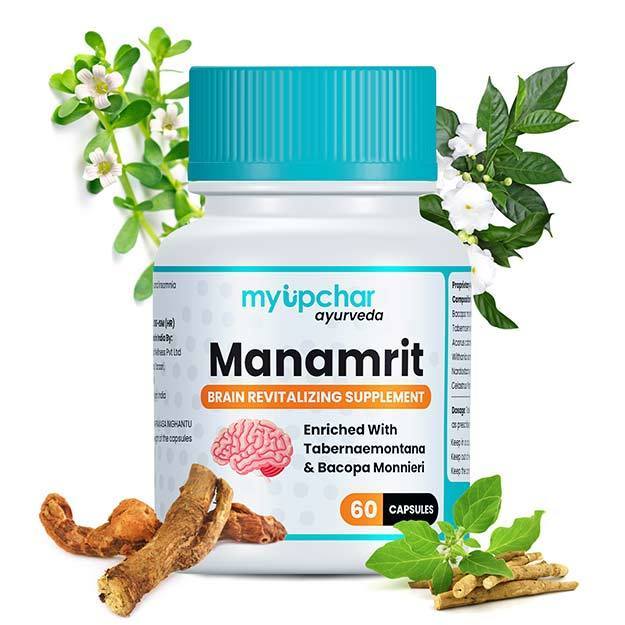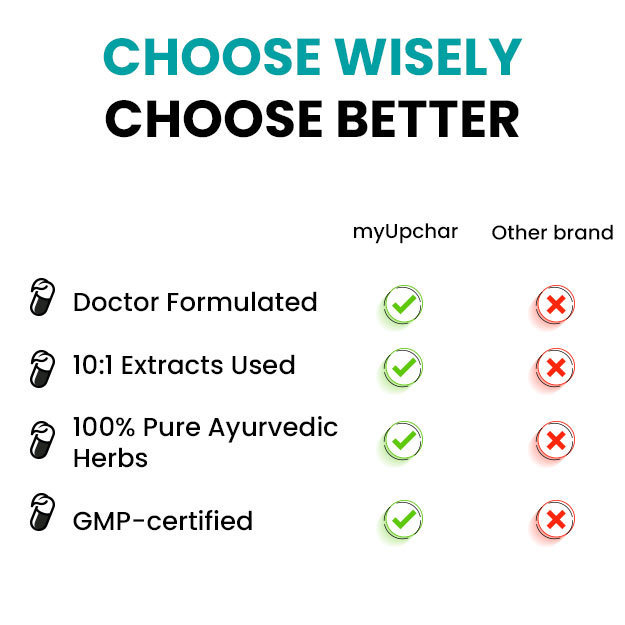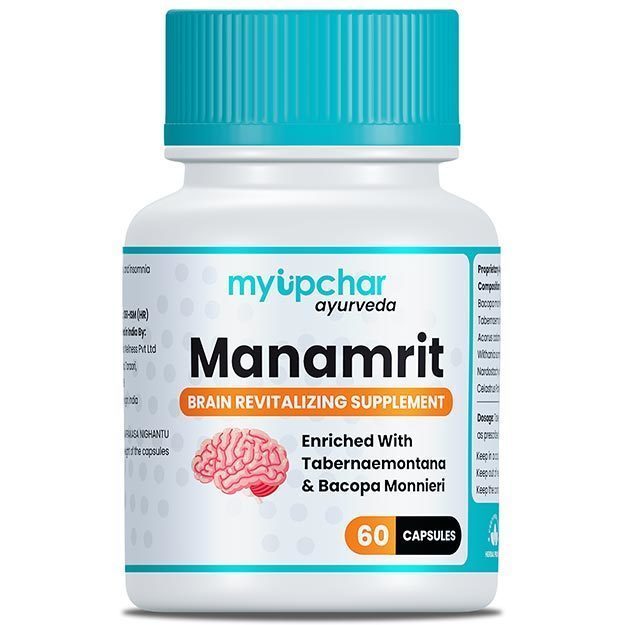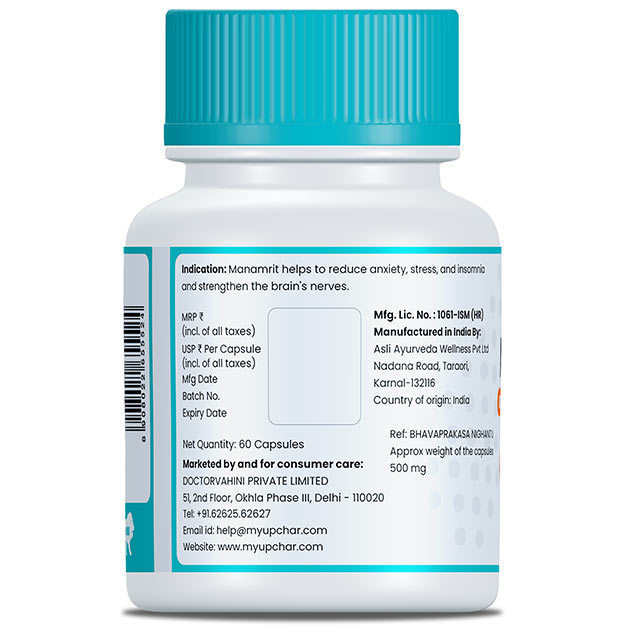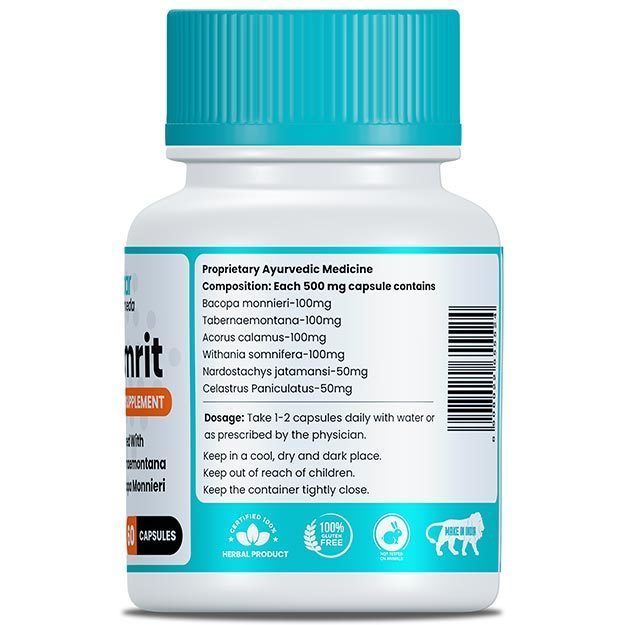Benefits of Coenzyme Q10 For Heart Health - Studies have shown that CoQ10 supplements may improve outcomes in people with heart failure. It can help reduce the risk of hospitalization and death, though further research is needed for more conclusive evidence.
Benefits of Coenzyme Q10 For Improves Fertility - In women, egg quality and quantity decline with age, partly due to reduced CoQ10 production. CoQ10 helps protect eggs from oxidative damage. In men, oxidative stress can harm sperm count and quality, contributing to infertility.
Read More - (Unveiling the Top 10 Digestive Enzymes)
Benefits of Coenzyme Q10 For Healthy Skin - CoQ10 contributes to youthful skin by reducing oxidative damage caused by UV rays, minimizing wrinkles, and supporting overall skin repair. It helps combat the effects of cell damage and hormonal changes that come with aging.
Benefits of Coenzyme Q10 For Prevent Migraine - When mitochondrial function is impaired, brain cells may not get enough energy, potentially leading to migraines. Since CoQ10 is found in mitochondria, it may help relieve migraines. Research suggests CoQ10 supplements can reduce frequency, duration, and severity of migraine attacks.
Read More - (Home remedies for migraines)
Benefits of Coenzyme Q10 For Exercise - When mitochondrial function declines, muscle energy drops, making it difficult for muscles to contract efficiently during exercise. CoQ10 helps by reducing oxidative stress in cells and improving mitochondrial function. It can also help reduce fatigue, making workouts more effective and sustainable.
Benefits of Coenzyme Q10 ForBlood Sugar Control - Oxidative stress can damage cells, contributing to conditions like diabetes and insulin resistance. A 2024 study found that CoQ10 improves insulin sensitivity and helps regulate blood sugar levels effectively.
Benefits of Coenzyme Q10 For Brain Health - As we age, mitochondrial function weakens, which can lead to brain cell death and increase the risk of neurodegenerative diseases like Alzheimer’s and Parkinson’s. The brain, which needs high levels of oxygen and fatty acids, is highly vulnerable to oxidative stress. Studies suggest that low CoQ10 levels in the blood can impair protein formation and increase neurotoxicity. Animal studies from 2019 show CoQ10 may reduce the risk of Alzheimer’s and Parkinson’s, though more research is needed.
Read more – [Mind Matters: Exploring the Science Behind Pregnancy Brain]
Benefits of Coenzyme Q10 For Lung Health - Low CoQ10 levels and reduced antioxidant defense can increase oxidative damage in the lungs, contributing to conditions like COPD and asthma. A 2021 study found that people with these conditions tend to have higher oxidative stress in their lungs. CoQ10 supplements, especially when combined with creatine, may help improve breathing, physical strength, and body composition in patients with COPD.




